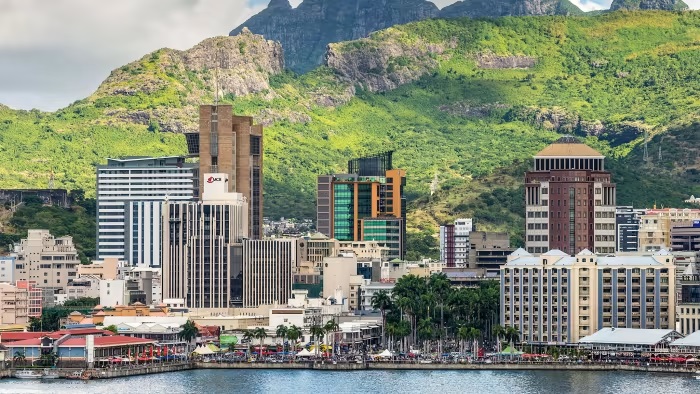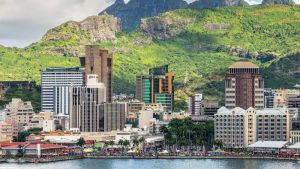Corruption, ineptitude, intentional Western involvement, and other causes are often blamed for Africa’s economic troubles. Experts seldom blame taxes for economic stagnation. Even “development economists” accept Africa’s ironically onerous tax systems.
Worse, strong neocolonialist organizations like the International Monetary Fund (IMF) “advise” African countries to extend tax schedules and raise tax rates while government debt levels rise alarmingly throughout Africa. Mauritius’ low, appealing tax system is refreshing. Mauritius is a “tax haven” due to its low taxes as well as the possibility of opening a forex license Mauritius.
Table of Contents
ToggleA Tax Haven? It Doesn’t Even Come Close
No tax haven exists. Tax havens are really less repressive tax jurisdictions. In a period of high taxes, such countries are called “tax havens” to stigmatize them.
Context matters. Governments should demonize and undermine jurisdictions with simple tax codes and low tax rates for two reasons: first, to prevent “tax havens” from gaining popularity; and second, to show that today’s “normal” tax types and rates are tyrannical. As statist pundits mostly control public opinion, the more stigmatized “tax havens” are, the more legitimacy governments will gain to tax more.
Sanctuary signifies safe haven. Desert oasis. Winter shelter. A safe location or item is a refuge. The system unknowingly confesses that taxation is unpleasant, punitive, and aggressing by labeling low-tax nations “tax havens.”
The system also recognizes that “regular” tax systems in non-tax havens are oppressive and drive those who can to a safe haven. Thus, “tax haven” has been used to deceive the public, stigmatize low-tax nations, and justify repressive tax systems.
African “tax haven” Mauritius has been attacked. Mauritius is not a tax haven. In a world of tax hells, a “tax haven” was a welcome addition to the system. Mauritius is merely a “tax haven” compared to African nations.
Most people and corporations prefer tax heaven to tax hell. Not greed. Humans prefer to retain as much of their earnings as possible. A simple and modest tax burden is inherently appealing.
African Taxation
No surprise Africa’s chronic unemployment is getting worse. Businesses—especially microenterprises and small and medium firms—drive the economy and create jobs. To encourage local capital creation, investment, and entrepreneurship and attract international money, firms, talent, and experience, taxes and bureaucracy should be cheap. Thus, the poorest area has the highest company tax rates worldwide. It seems that African regimes prioritized power and control above economic progress.
Heavy taxes have never sustained prosperity. Africa’s oppressive tax systems hinder economic progress. “Yet again, research suggests tax rates should be as low as possible to achieve as much prosperity as possible,” said fiscal policy and tax competitiveness economist Daniel J. Mitchell in “High Tax Rates Hurt Innovation and Prosperity, New Data Suggest.”
Tyrannical taxes in Africa affects everyone. Personal. Ivory Coast has a startling 60% personal income tax rate, the highest in the world. South Africa is another example. South Africa may have Africa’s highest taxes. This list shows Africa’s curiously high taxes.
Angola, Nigeria, Ghana, Kenya, and Egypt are trying to raise taxes and introduce new ones. After taxing digital transactions at 16%, Kenya tried to tax church tithes and donations. Ghana’s e-levy, despite objections, taxes digital payments.
One wonders who African public workers serve.
The larger the tax load, the more despotic it is, according to economics, history, and basic sense. African governments are worse at taxation than colonial regimes. Postcolonial African cultures have autocratic regimes, draconian taxes, and severely regulated economic systems that stifle economic progress and prolong poverty.
If you want to get a forex license or need advice in connection with starting a business in Mauritius, please contact Fintech Harbor Consulting (fintecharbor).







